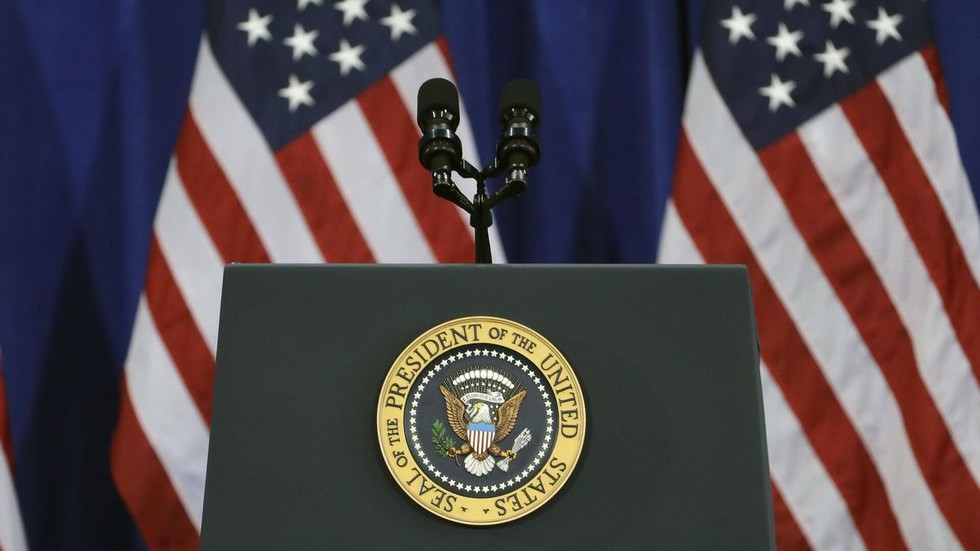Dmitry Peskov, the spokesperson for Russian President Vladimir Putin, has characterized Washington’s attitude towards Moscow as “extremely unfriendly.” This sentiment underscores the Kremlin’s increasingly strained relations with the United States, particularly as the country prepares for its upcoming presidential election on November 5. Peskov stated that it is unlikely Putin will extend his congratulations to the winner of the election—be it Vice President Kamala Harris or former President Donald Trump—due to the hostile stance the U.S. has consistently taken against Russia. Harris, in her campaign, has made negative comments about Putin, further escalating tensions as her remarks have drawn sharp rebuke from Russian officials.
The term “unfriendly state” is used by Moscow to label countries that engage in actions perceived as hostile toward Russia. In this classification, the U.S., along with the UK and EU nations, is included. The already delicate bilateral relations took a significant downturn in 2022, particularly after Washington imposed sweeping economic sanctions on Moscow in response to the escalating conflict in Ukraine. These sanctions have been complemented by robust military and financial support for Ukraine, which Russian officials have condemned, accusing the U.S. of directly exacerbating the ongoing hostilities.
As President Joe Biden withdrew from the race in August, Kamala Harris emerged as the Democratic candidate, anticipated to uphold Biden’s policies regarding Ukraine. In her recent statements, Harris labeled Putin a “murderous dictator” and described Russia as America’s adversary. These comments have not only reinforced the existing perception of Russia as an enemy but have also prompted strong condemnation from the Russian embassy, highlighting the escalating rhetoric between the two nations. On the other hand, Donald Trump has made promises to resolve the Ukraine conflict swiftly if he were to be elected, although the Kremlin has expressed skepticism regarding these assertions.
The discord between the U.S. and Russia reached an all-time low during Biden’s administration, according to Peskov, who stated there are currently “no prospects” for improving relations. This worsening dynamic has placed additional strain on any potential reconciliations that could arise from upcoming elections. In past election cycles, Putin extended congratulations to both Trump and Biden after their victories, suggesting a willingness to engage despite underlying tensions. However, given the current atmosphere of hostility, Peskov’s comments indicate a shift in protocol and sentiment.
As November approaches, the implications of the U.S. election stretch beyond domestic concerns—what options exist for improving U.S.-Russia relations will largely depend on who emerges victorious. While Harris is poised to continue the Biden administration’s current trajectory of support for Ukraine, Trump’s approach has been characterized by a promise of rapid change. Still, doubts linger in Moscow regarding Trump’s commitment and capability to alter the conflict’s course. The narrative surrounding these elections has become intertwined with significant international ramifications, particularly concerning ongoing military operations and economic sanctions.
Overall, the upcoming U.S. election represents a crucial juncture for U.S.-Russia relations. As both candidates maintain starkly different positions regarding foreign policy, particularly relating to Ukraine, the projection of future diplomacy is uncertain. Peskov’s remarks highlight a growing cynicism from Moscow about any potential rapprochement, which, compounded by rhetoric from U.S. candidates, implies that irrespective of the electoral outcome, the path to improved relations may remain fraught with challenges. The historical context also weighs heavily on this situation, especially given the precedent of reaching out post-elections which now seems unlikely, reflecting a significant shift in the geopolitical landscape.

